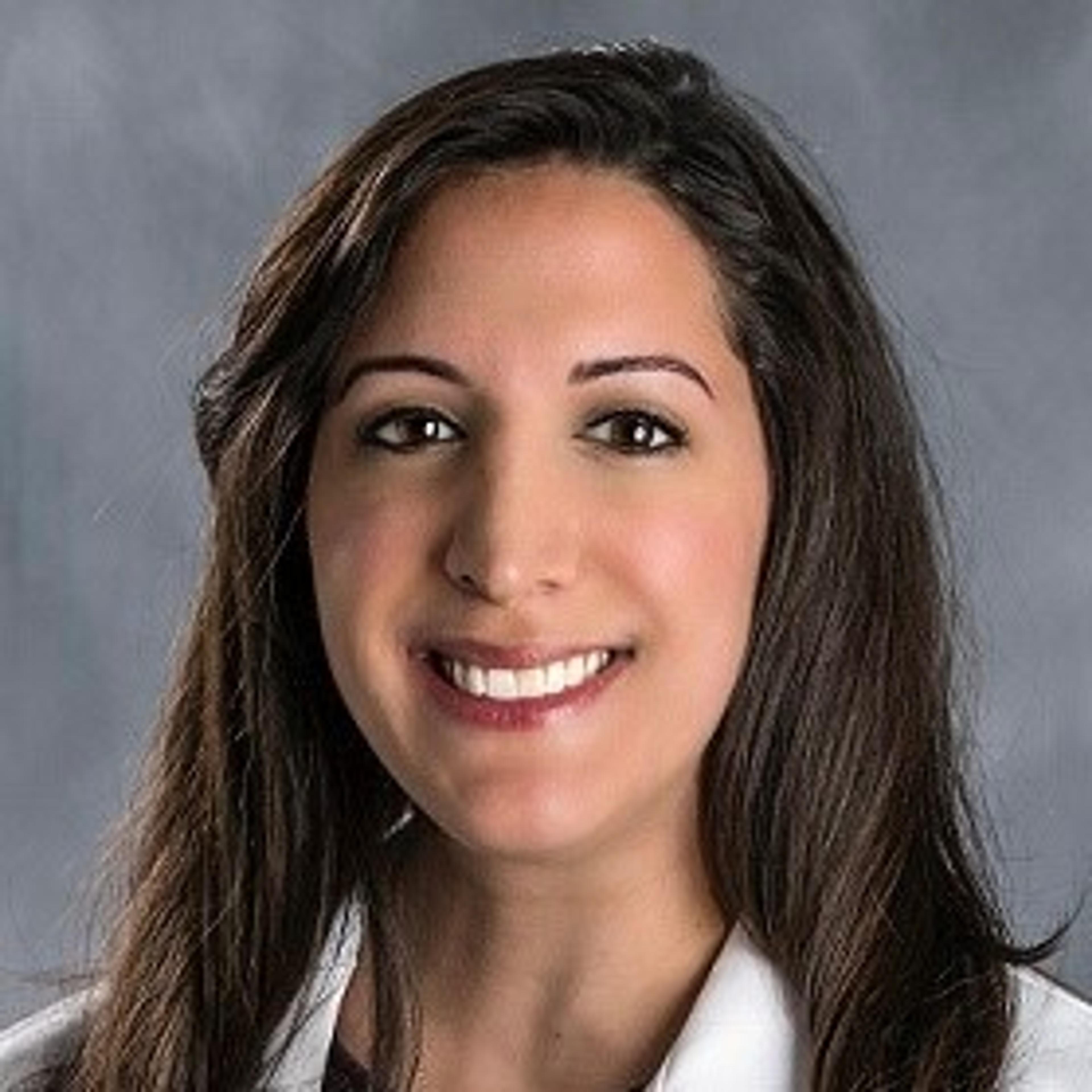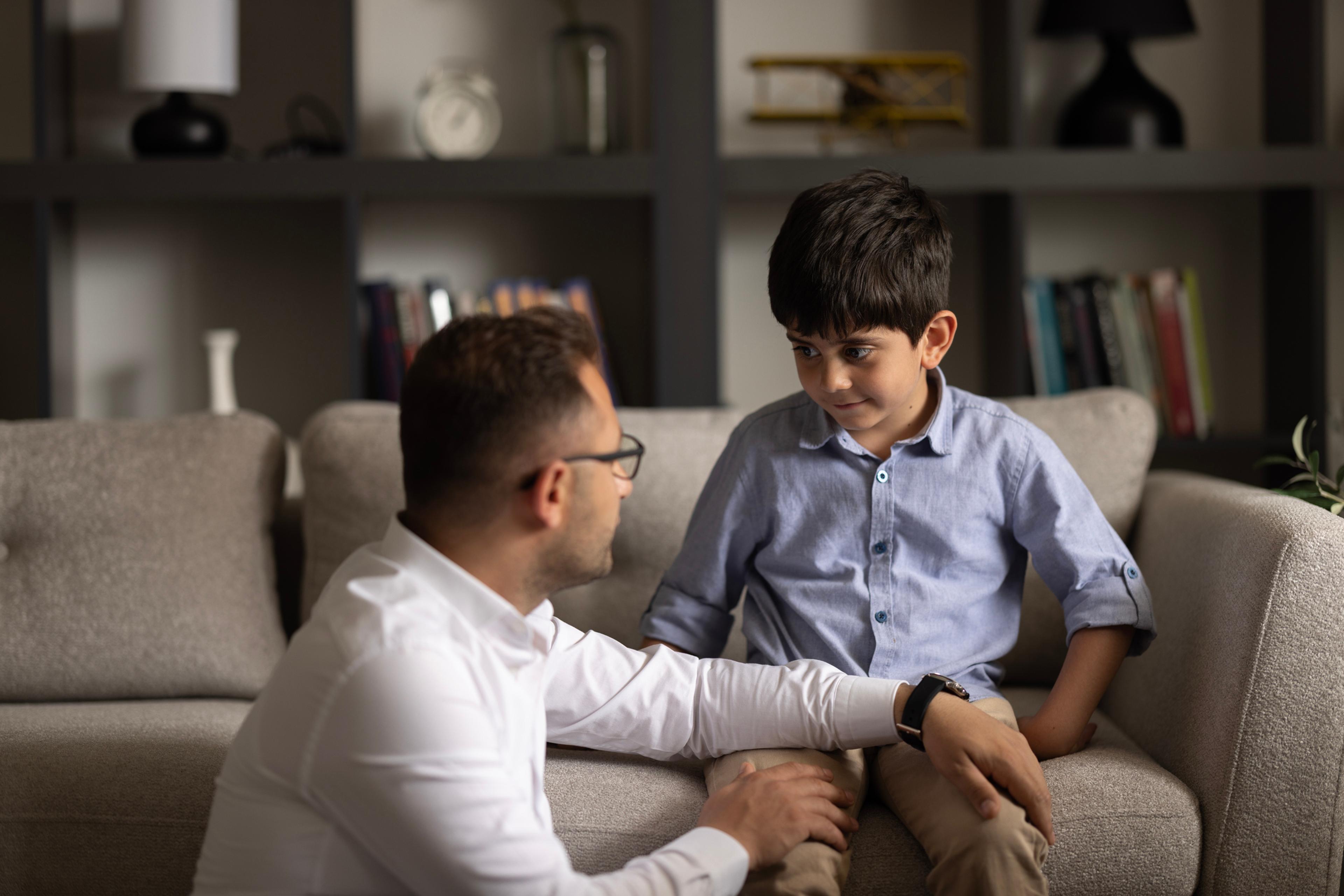Tips for Raising Self-Aware Kids

Dr. Angela Seabright
| 4 min read

By: Dr. Angela Seabright, D.O., care management physician at Blue Cross Blue Shield of Michigan.
Emotions have a profound effect on people’s behavior, relationships, school, and work. Learning how to manage emotions through self-awareness is something parents can help their children with from an early age.
These skills can help children grow into adults who can navigate life’s stresses and challenges. Here are the benefits of self-awareness and how parents can raise self-aware kids.
The benefits of self-awareness
Self-awareness is being in tune with one’s own emotions and behaviors and understanding how they influence both yourself and the people around you, according to the Cleveland Clinic. It’s a key part of mental and physical well-being. But even adults can overestimate their self-awareness. Teaching children this skill early allows them to better understand themselves and their actions.
Developing self-aware can improve:
- Communication skills
- Confidence
- Emotional intelligence
- Empathy and compassion
According to Harvard Health, self-awareness and self-regulation are key elements of emotional intelligence. High emotional intelligence is linked with stronger empathy, better communication, and improved conflict management.
Self-regulation is the ability to acknowledge and manage one’s own emotions, which can improve feelings of stress, adaptability, decision making and problem solving. The skill of self-regulation can start with co-regulation, in which parents can help their children learn to manage strong emotions by connecting with and coaching them.
These emotional tools can help children learn to stay calm in frustrating or difficult situations, be attentive to the needs of others, communicate better, and have healthier relationships.
Teaching self-awareness skills to kids
Kids can learn self-awareness from a young age. Parents can start to name emotions without judgment. Joy, frustration, sadness, and anger are all among normal emotions everyone experiences. Having a negative emotion isn’t bad but suppressing negative emotions or taking them out on others can be harmful. When kids learn to label how they feel, they are better able to communicate or act. As children get older, it helps to ask questions reflecting on their day, including what they liked, disliked, and how they felt.
Children and teens learn from watching their parents and guardians, making it critical for parents to practice self-awareness, too. Sharing mistakes and apologizes is an important way for parents to model responsibility and resilience.
Tips to build self-awareness in kids
Kids can practice self-awareness through habits such as:
Reading
Reading and learning about different character’s perspectives helps build empathy and encourages reflection.
Journaling
Writing emotions in a journal, especially by hand, can reduce stress and anxiety, according to Duke Health. The practice can help children work through their feelings and experiences in a nonjudgmental way. Journaling also allows kids to note patterns and reframe their perspectives.
Self-reflecting
Another way to increase self-awareness is through sitting or walking quietly and noticing whatever emotions and thoughts come up. This includes noticing how emotions feel physically. The child could think about or talk through a difficult experience they had at school and what they believed they did well with and what they could improve.
Children could ask themselves questions such as:
- When did they fail at something and how did they manage?
- What makes them frustrated and what do they usually do?
- What are they worried about?
- What makes them feel safe?
- What are they good at?
- What are they grateful for?
Acknowledging feelings when talking with friends and family
Families can practice self-awareness during conversations. While talking with others, children can learn good listening skills; seeking to understand how someone else thinks and feels rather than only listening to respond.
Self-awareness is a constant process. No one is self-aware all the time, but adults and children alike can use reflection techniques to continue to learn and adjust their actions.
Dr. Angela Seabright, D.O., is a care management physician at Blue Cross Blue Shield of Michigan. For more health tips and information, visit AHealthierMichigan.com.
Image: Getty Images
Related:





